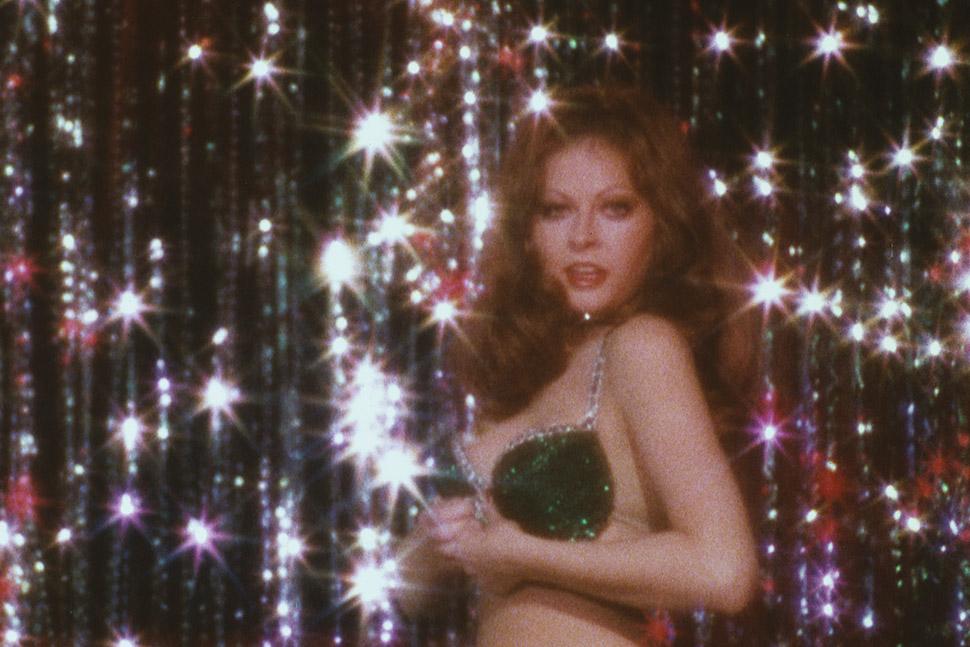Thurs 24 July, 16.30 pm + Zoom Q&A with Stephanie Rothman & Selina Robertson.
Watershed Cinema 1, Bristol. Book tickets now.
1974 Los Angeles, and three self-determined young women look for their place in the world. Female friendship, work and utopian socialism braid the narrative beautifully together. Will the women do anything for money?
Stephanie Rothman’s filmmaking career in Hollywood was bookended by two visionary second-wave exploitation films about gender, labour, sex, money and class. The first The Student Nurses, was her break out movie (and Roger Corman’s major hit), yet it is her final film, The Working Girls that captures Rothman’s heart and politics. Arguably her most uncompromising and accomplished film, Rothman has since claimed it for herself: a favourite because it is her most personal. ‘It is most essentially me’, she has said.
The film follows three young women in Los Angeles looking for their place in the world. Honey arrives from her small hometown with a master’s degree in mathematics yet survives on her own self-sufficiency. Denise is a visual artist but paints giant billboards to earn a living. Jill is a law student, who works as a waitress at a striptease joint, and gets mixed up with the criminal underworld. Each character reflects the challenges and misogyny Rothman faced as a woman filmmaker in 1970s Hollywood.
Although set during the United States’ worst post WWII recession, seen today, the film oozes a distinctly dreamy Californian carefreeness and lightness, punctuated throughout with Rothman’s razor-sharp humour (she wrote the screenplay). A socially and politically trenchant film, full of melancholia, regret and hope: Rothman’s final film leaves us imagining what could have been.
Restored in 4K in 2023 by MoMA – The Museum of Modern Art in collaboration with Stephanie Rothman at Cineric laboratory, from the only known complete 35mm print from the personal collection of the director. Funding by The Celeste Bartos Fund for Film Preservation. Courtesy of Vinegar Syndrome.
This screening is part of Sun, Sex and Socialism: The Cinema of Stephanie Rothman co-curated by Selina Roberston and Isabel Moir, presented as part of Other Ways of Seeing, with support from BFI Awarding Funds from National Lottery.
